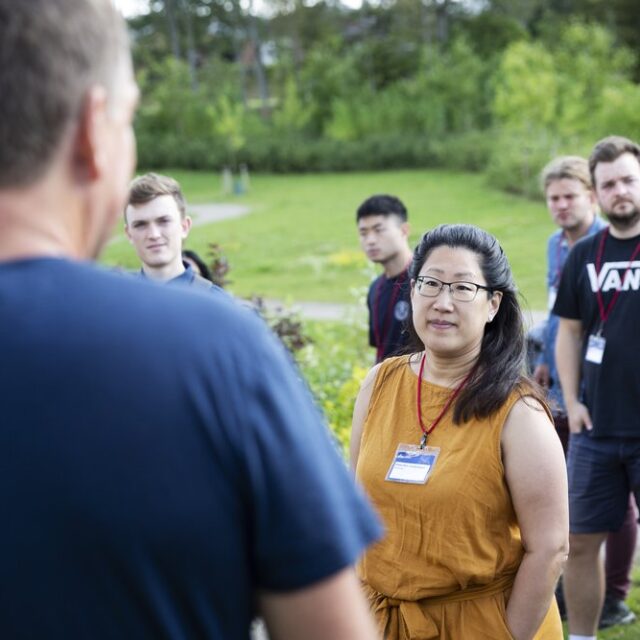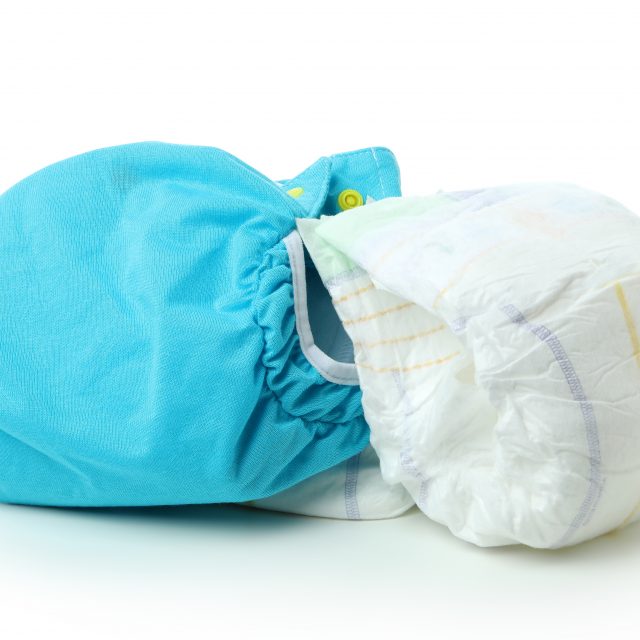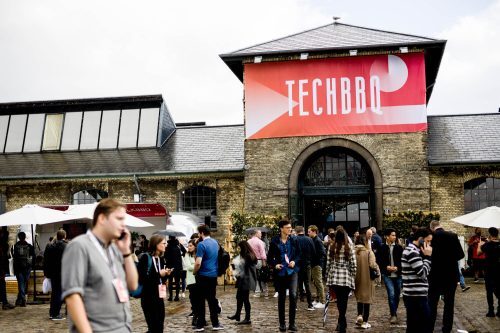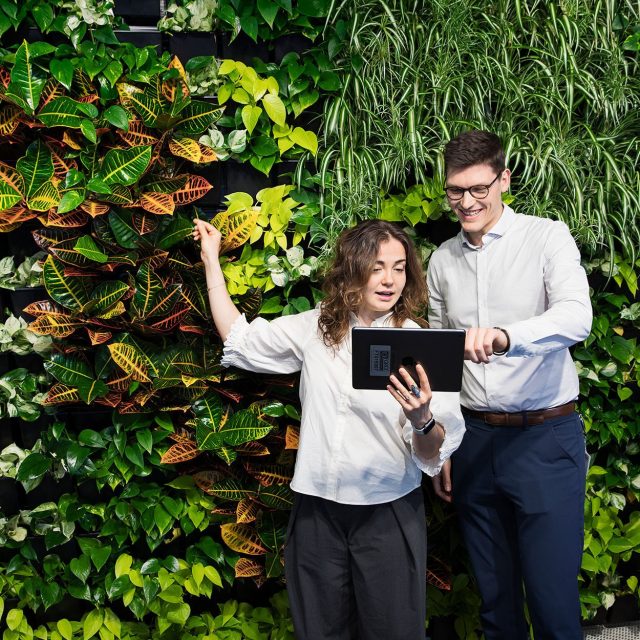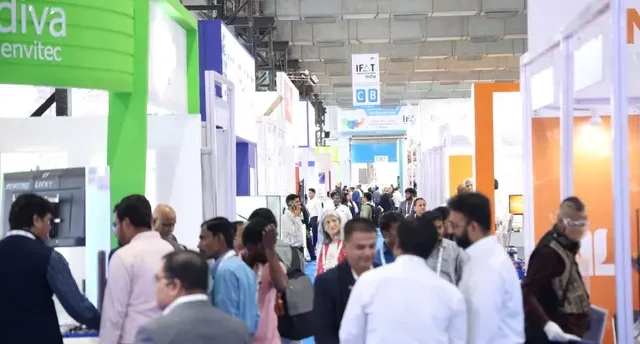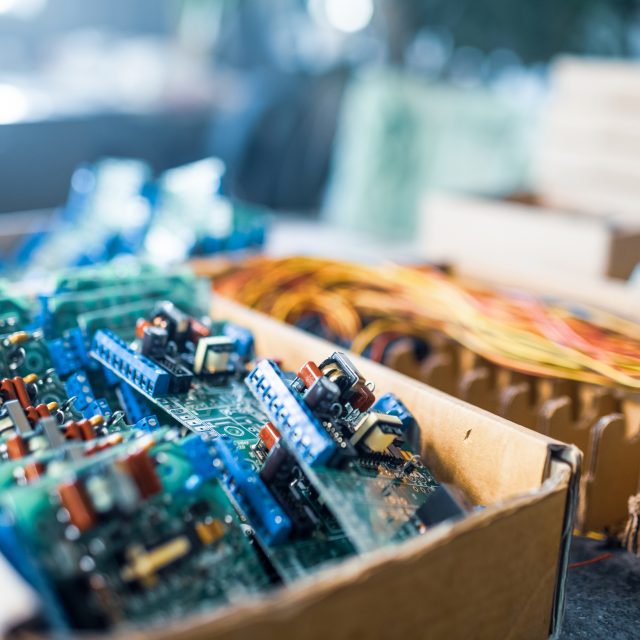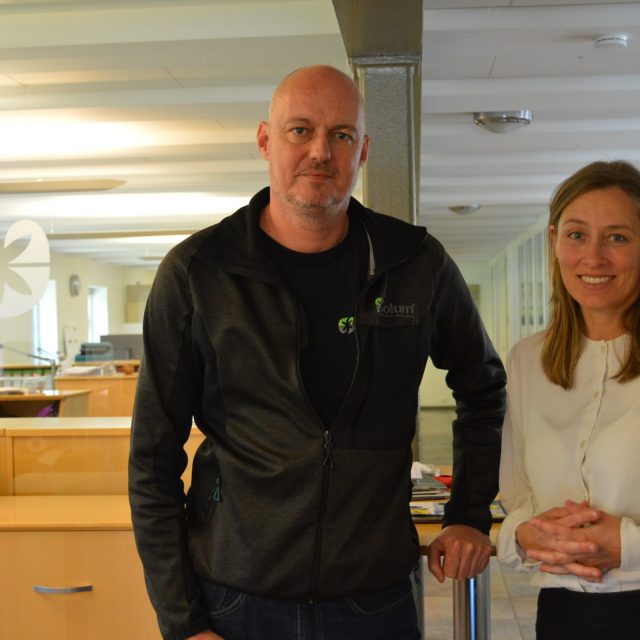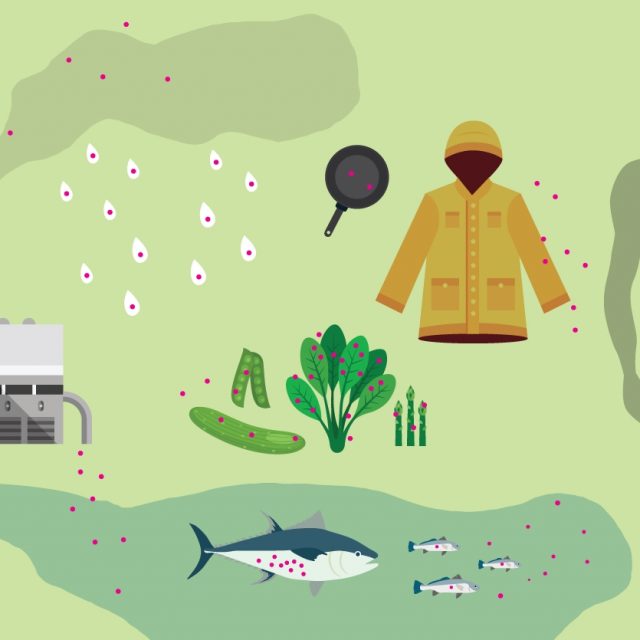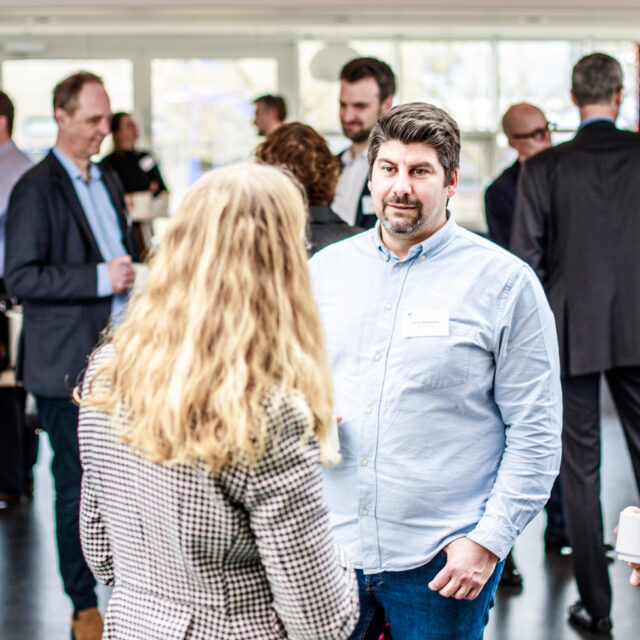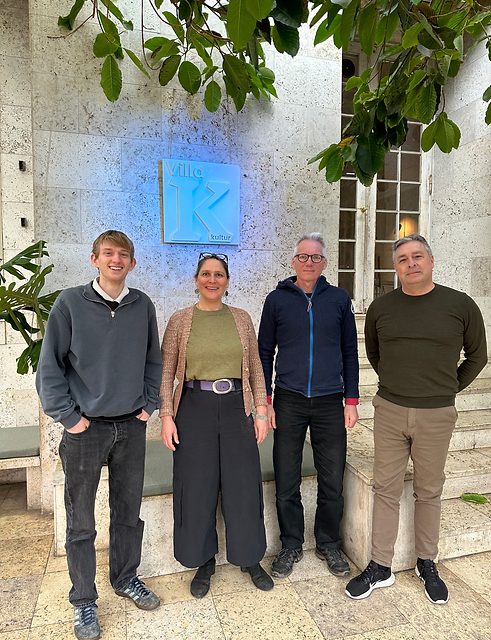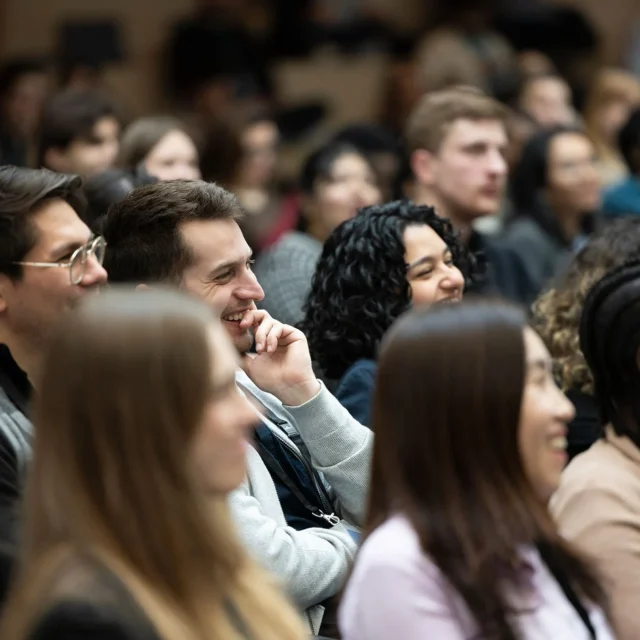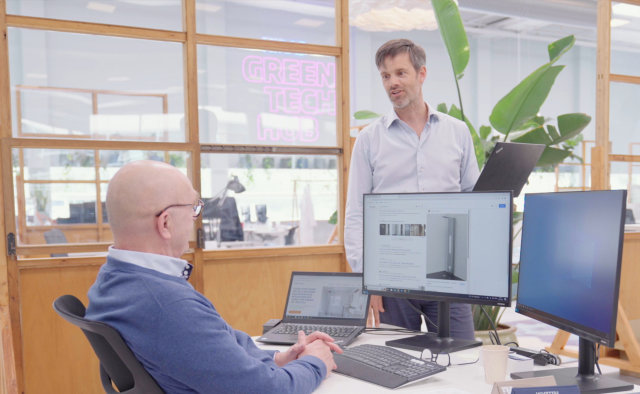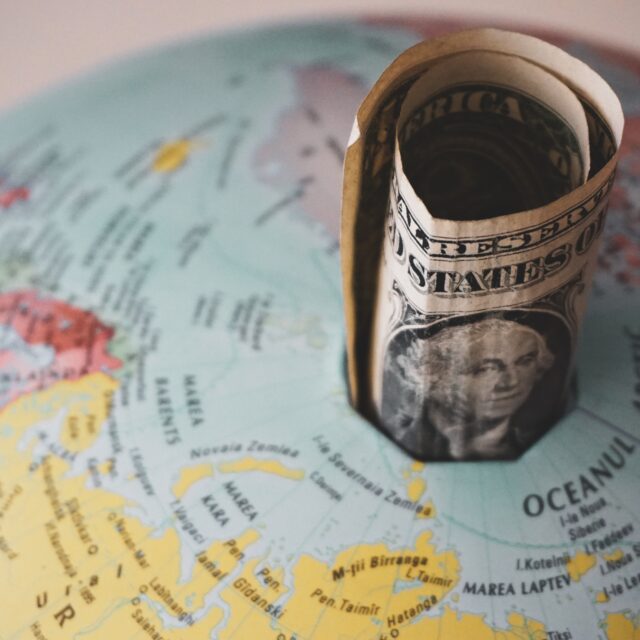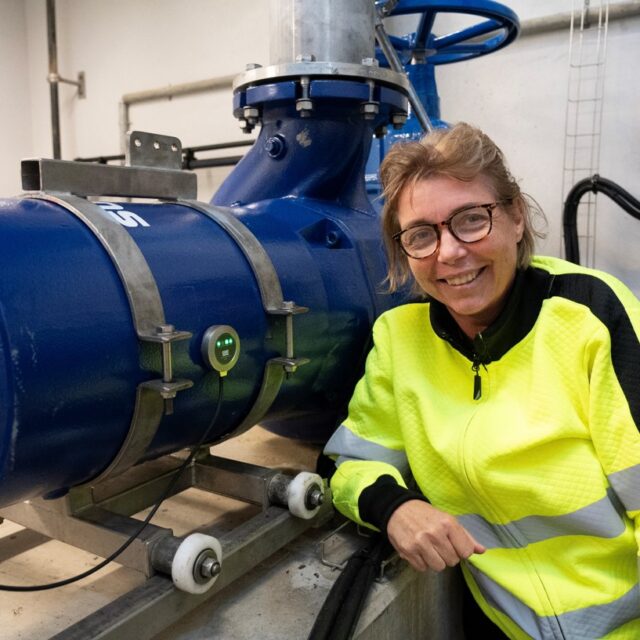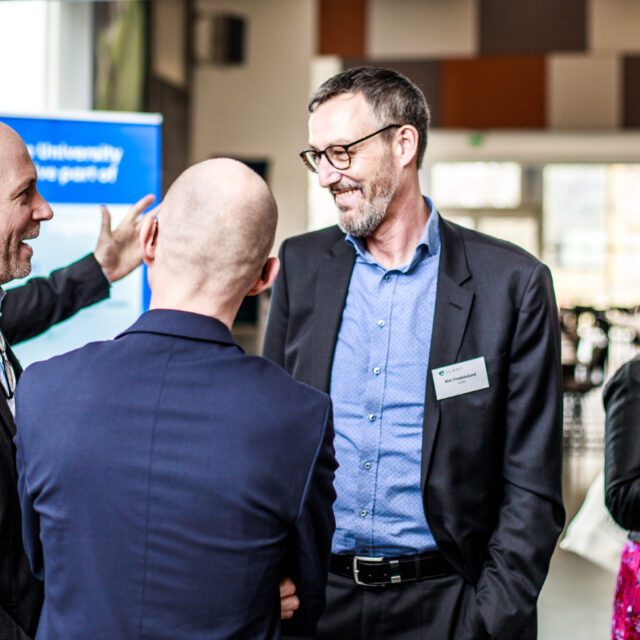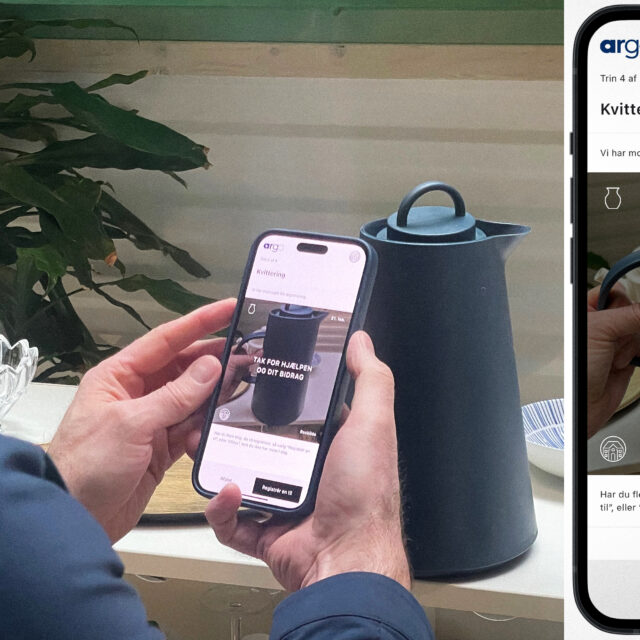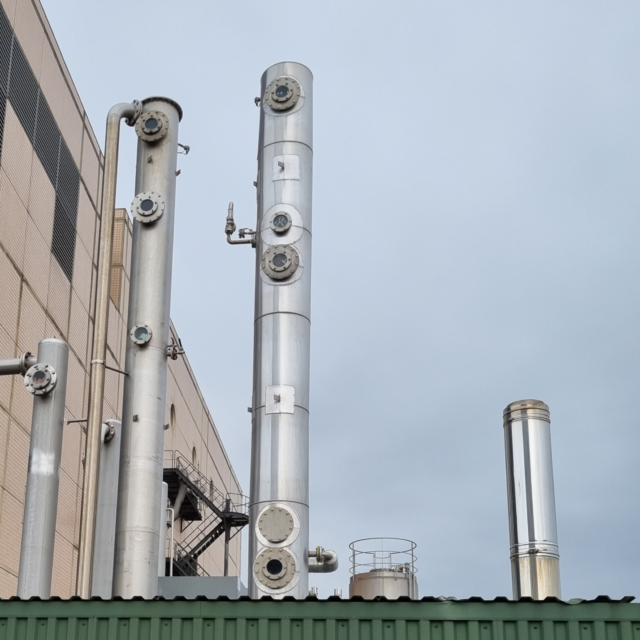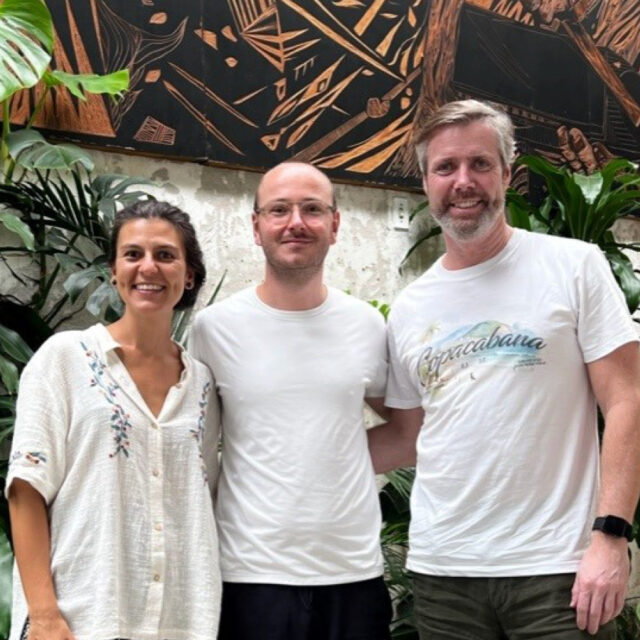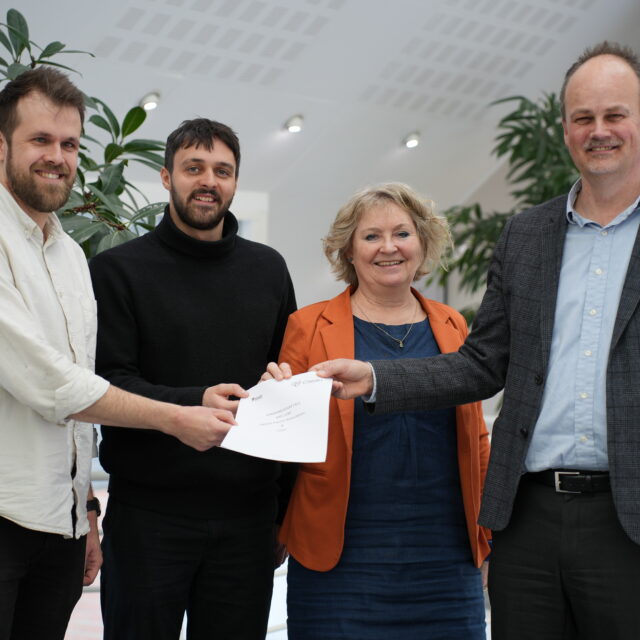← Events
Boost of Innovative Ideas for Circular Infrastructure
Date
21. Jun 2024
Application Deadline: June 21, 2024, at 12:00 (noon)
Project duration: Minimum 6 months, Maximum 2 years.
Projects must end before 31/3-2027
Total budget for this call: DKK 4.000.000.
Amount to be applied for from Trace: Minimum DKK 250.000,
Maximum DKK 1.500.000
1. Background about the Innomissions and Trace
– PARTNERSHIP AND ROADMAP
This call text relates to Trace (Innomission 4), Circular Economy with a focus on Plastics and Textiles, which is also referred to as the Trace Partnership.
Denmark is committed to acting on and reducing climate changes and has set goals to:
70% reduction of greenhouse gas emissions (GHG) in Denmark by 2030 and net-zero emissions by 2050, strengthen the environment and nature, and contribute to increased competitiveness of the Danish businesses and industries.
To fulfill these goals, four missions (also referred to as Innomissions) have been created as stated in the “Green solutions of the future – Strategy for investments in green research, technology, and innovation” and the Research Reserve agreement for 2021:
Mission 1: INNO-CCUS collection and storage or use of CO2
Mission 2: Mission GreenFuels – Green fuels for transport and industry
Mission 3: AgriFoodTure – Climate and environmentally friendly agriculture
Mission 4: Trace: Circular economy with a focus on plastics and textiles
The goal for Trace is to contribute to Denmark achieving the national climate targets in the areas of plastics and textiles by 2050. We want to create a research and open innovation partnership, where private and public companies and knowledge institutions interact with the rest of society and the most talented national and international researchers develop tools and processes to convert traditional linear production/economy/ consumption into circular solutions.
Our ambitious partnership collaborates across the entire value chain from public and private companies to knowledge institutions, and authorities, to facilitate the transition towards circular economy. The partnership is mission-oriented and create value through knowledge sharing, open innovation, co-creation, and collaboration.
Three workstreams provide the backbone of the roadmap activities and have the following success criteria:
Plastics: Bringing end-of-use plastic back into high-quality use (>100,000 tons) Lifting material out of incineration (>80,000 tons) viable alternatives to virgin & fossil materials (>1000 jobs in emerging industry) Building capabilities to support high value recycling & reuse, but also for functional value utilization of other components enclosed in plastic
Textile; Less returns longer use phases and more value creation of products for better circularity. Less production waste, production closer to market with more flexibility to market needs, less deadstock in retail, and more agile and user-led market strategies for circularity. Export of insights and know-how. Improvement of design strategies for longer use phases and better circularity, first steps of decoupling more virgin resources from the economic model. More transparency of value chains and more insight into reselling markets and tendencies. New techs for sorting and fiber recovery for full circularity.
Common: Ability to sort mixed plastic and textiles will allow for a joint collection system; Reducing material consumption from a more sustainable healthcare sector; Development of circular textile value chains with considerable effects on maintaining and expanding Danish employment along the textiles value chain; Full-scale implementation and scale-up of reuse/recycling system for mattresses.
For information on current partners and for an overview of existing projects, see section 10 or www.trace.dk
2. What is called for?
– PARTNERSHIP AND ROADMAP
The Trace partnership welcomes applications from ambitious and innovative small and medium sized companies (SMEs) including start-ups who contributes to solutions to issues and challenges towards 2030 and 2050 outlined in the revised roadmap, roadmap and partnership plan (see section 10).
Trace Booster will contribute to translating promising ideas into solutions that create growth and employment in Denmark, and which also contribute to solving some of society’s challenges. Trace Booster is a specific program in 2024 focusing on supporting the contribution of small and medium-sized enterprises (SMEs) to future solutions to the circular challenges. The Trace Booster program specifically aims to support the creation of companies’ innovative knowledge base for future production within a circular economy focused on plastics and textiles.
A Trace Booster project must therefore contribute in an innovative way to developing the foundation for your SME/company’s future circular solutions. The purpose of the Trace Booster program is to acquire the latest knowledge and use this for growth in the SME. The high investment rate (see section 4) of support requires that projects meet the requirements for “industrial research” as defined in the guidelines for Missions Booster (see section 10). It is therefore required that a Danish university or Research and Technology Organisation (RTO)/’Godkendt Teknisk Service’ (GTS) institute is to be included as a knowledge supplier in the project. The university or GTS institute must contribute relevant and significant knowledge to the project, and the involvement must be significant for the implementation and success of the project.
It may also be that you need to hire a new employee with special skills. A co-financing from Trace Booster must, regardless of the type of solution, help reduce the company’s risk in connection with the innovation project. At the same time, the solution must be able to contribute to solving society-related challenges within the mission area Circular economy with a focus on plastics and/or textiles.
We are calling for projects addressing the following innovation theme within Circular Economy with a focus on plastics and/or textiles (see the Revised Roadmap and the Trace roadmap in section 10):
Boost of Innovative Ideas for Circular Infrastructure
The Trace Partnership is calling for projects with the purpose of closing roadmap gaps by establishing a Circular Infrastructure in Denmark. Trace will invest in projects that can create new, concrete solutions to issues and challenges towards 2030 and 2050 outlined in the revised roadmap, roadmap and partnership plan.
This call is for projects from innovative start-ups or established SMEs who want to initiate an innovative, knowledge-based project.
Projects could focus on one of the following subthemes, but this is not mandatory:
ST1: Shared facilities: Addressing the need for supporting local and small-scale and larger public or private initiatives, that can benefit from sharing facilities for producing, storing, disseminating, sorting, repairing, reselling, repurposing, or recycling or other similar activities.
ST2: Towards Industry 4.0 and circular economy by developing and integrating intelligent digital technologies and platforms into manufacturing, industrial processes, value-chains, logistics, infrastructure and/or transport
ST3: Networks for knowledge-sharing/network-based initiatives: Establishment of networks for facilitating the sharing of recent and existing knowledge from research, legislation and practices and experiences, covering the Trace roadmap value chain of 1) materials knowledge- and innovation, 2) production and design, 3) systems and services, or 4) recovery strategies.
ST4: Collaborative business models (CBMs): multi-stakeholder projects supportive of more circular resource flows and collaborative business models to break down barriers of silo sectors or isolated initiatives.
ST5: Activation and inclusion of civil society organizations facilitating and/or operating within the framework of resource efficiency and circularity.
This call is to find new creative ideas and solutions for solving the challenges identified in the Trace partnership roadmap and revised roadmap.
Assessment criteria
For further information about assessment criteria – see below under section 8. The evaluation process is further detailed in section 9.
3. Who can apply?
Only SME’s and startups are eligible to apply.
Upon final approval for funding, any new organization will join the Partnership via a signed Agreement. Besides, the company will have to sign declarations as follows:
- One for the status as SME similar to the declaration in this link
- And one for not being a so-called undertaking in difficulty as defined in article 2.18 in this link
4. What can be applied for?
Minimum: 250.000 DKK. Maximum 1.500.000 DKK
Trace may cover a maximum of 70% of the project’s total cost. Applicants must follow the Innovation Fund Denmark Mission Booster Guidelines in regard to – section 1.5, 1,3 and 6. (Link to the Guidelines you will find in section 10). Please note that there are specific requirements related to the financial status of the company acting as the applicant.
Funding can be used for eligible project-related costs including subcontracting of knowledge institutions.
5. What are the general overall criteria?
All projects must:
Be aligned with the Trace revised roadmap, the roadmap, and the partnership plan
Only SMEs and startups are eligible to apply
Involve subcontracting from a Danish University or RTO to ensure that the latest knowledge is transferred to the company
When relevant for the Trace Partnership, the Booster partner must participate in Trace partnership activities such as workshops, conferences, contributing to articles, being available for Trace interviews, giving presentations, and other dissemination activities to some extent. In addition, the Booster partner should expect to interact and collaborate with the other Trace funded projects/partners. Hence, you should allocate adequate and sufficient resources and budget for these activities and contributions. The goal is to explore and exploit synergies as part of the Trace partnership, working jointly towards solutions filling gaps in the Trace roadmap. Furthermore, all projects must apply to all processes and systems implemented by the Trace partnership and must report according to the rules set up in the Investment Agreement by the Trace partnership. More information and instructions will be provided by the Trace team.
The project period can last a minimum of 6 months and maximum 2 years and must be finalized by 31, 2027.
7. Important dates
Call opens in March 2024
Deadline for application: June 21, 2024, at 12:00 (noon)
Expected response date: 3rd quarter 2024
Expected earliest launch date: 1st quarter 2025
8. Assessment criteria for Trace Booster
All applications will be assessed on the following criteria (referring to the application template):
- The idea/the innovative platform for your company
- The Trace Booster project
- Involvement of a Danish university or Research and Technology Organisation (RTO) (mandatory) and other suppliers of knowledge (not mandatory)
- Plan for the project activities
- Which market is the project results targeted towards?
- How do the projects contribute to the company’s future knowledge foundation and business models?
- The project team
- How does the project fit with the Trace Partnership roadmap and revised roadmap?
All criteria are included in the assessment and contribute to the overall assessment. The assessment provided by each evaluator is the reasoned opinion of the evaluator and is not a simple weighted sum of the ratings on the criteria. A project selected for funding cannot have a low rating on any of the criteria.
The points that form the basis of each assessment criterion are a guide for the applicant and evaluator as to what can be included in the applicant’s statement and the evaluator’s assessment. For a given application, some points may be more relevant than others. The assessment on a given criterion is the evaluator’s overall assessment of the relevant points for the criterion and the given application.
9. Evaluation process
Applications must be submitted via filkassen
Criteria 1-7 will be evaluated by external reviewers. Criteria 8 will be evaluated by the Partnership Director (see the process document in section 10)
Each proposal will be evaluated by 3 external evaluators.
There will be only two criteria for selection of evaluators: Research competence and impartiality.
Before proposals are subjected to external review by experts, the Partnership Director will ensure that the proposals comply with the formal requirements described in the call text. Applications which do not comply with the requirements will receive administrative rejection and will not be subjected to external review.
Proposals which comply with all formal requirements are assessed by evacuators.
Decision
Based on draft motivations recommended by the Partnership Director for funding or rejection of funding, for each proposal as well as the available budget, the Partnership Board comes to a reasoned decisions regarding funding or rejection of funding for each proposal.
Rejections
Letters of rejection will be sent to applicants who are not selected for funding. The letter will refer to the evaluation criteria and be sent to the applicant via the E-grant system.
10. Application content, guidance and documents
Want to know more?
-
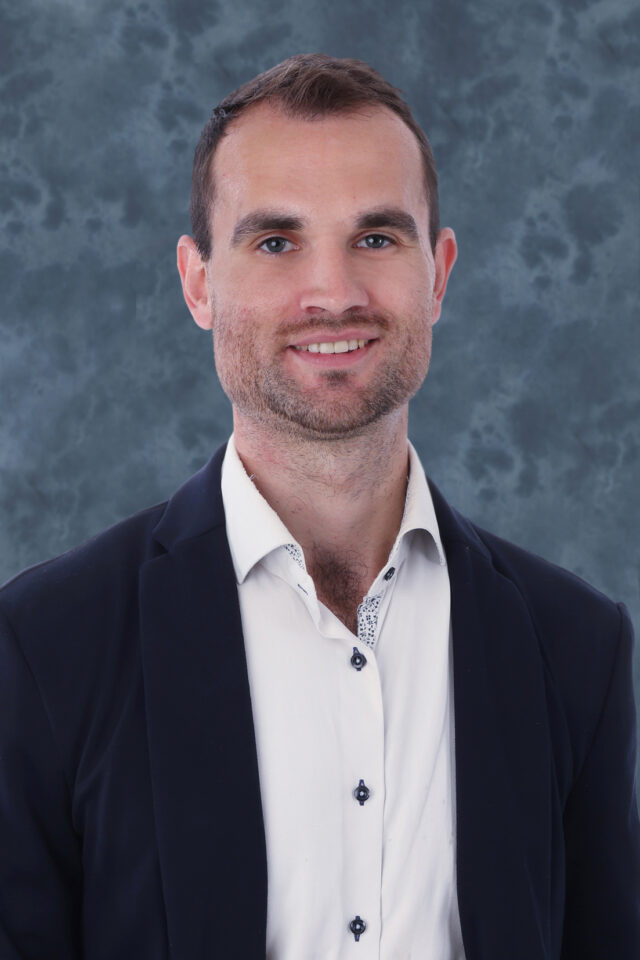
Anders Sloth Nielsen
Chief Project Manager
Tel +45 81 75 39 77
asn@cleancluster.dk
Linkedin
Events
All eventsAdvanced Water Cycle Management Course
The Advanced Water Cycle Management Course is an international course designed to upgrade your water management skills.
Procurement of Treatment of Diaper Waste
The City of Copenhagen (Københavns Kommune) and the municipality of Frederiksberg (Frederiksberg Kommune) are about to procure the service of diaper…
TechBBQ 2024
Do not miss out on Scandinavia's largest innovation and startup conference TechBBQ in Lokomotivværkstedet, Copenhagen, 11-12 September 2024.
Attract engineers and developers
Find your next employee with our talent attraction campaign
Water & Waste Technology Export Delegation to India
You can now apply to join a 4-days business trip to IFAT in India
Sustainable product development of electronics and materials
Following up on the success from last year, we are happy to announce this year’s conference on sustainability.
Latest news
All news17. May 2024
Eight new knowledge bridge projects approved for testing and demo of environmental technology solutions
13. Mar 2024


